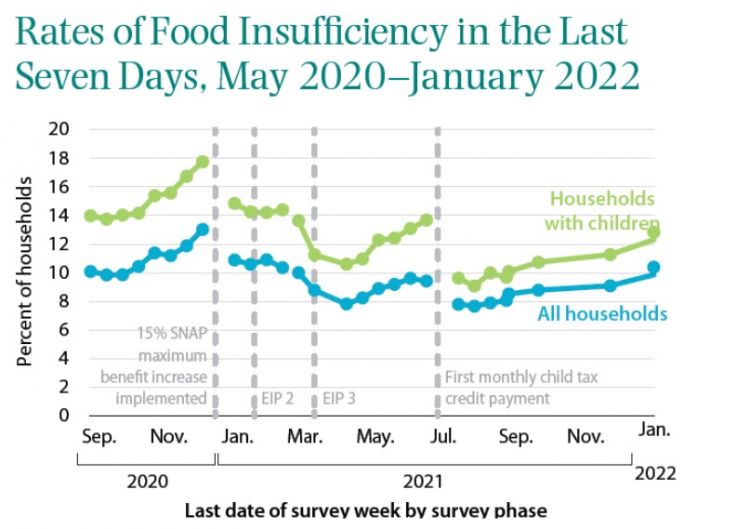Recession Remedies Home
Abstract
The authors examine the impact of the pandemic and related policy responses on children. In 2020 the combined effect of several government programs—EIPs, UI, and the expansion of the Supplement Nutrition Assistance Program (SNAP)—reduced the percentage of children living in poverty and likely fell again in 2021 because of continued support for households and the expansion of the Child Tax Credit. The authors note that the pandemic hit child care providers particularly hard; child care employment fell much more sharply than in typical recessions, and many child care centers closed despite billions in federal aid and forgivable loans. Much of that aid came too late to avoid closures, a mistake that should not be repeated. Federal efforts to prevent a decline in health insurance coverage, including through Medicaid and Affordable Care Act exchanges, were largely successful. The expansion of SNAP benefits and introduction of Pandemic Electronic Benefit Transfer (P-EBT) reduced food insecurity. While some elements of the pandemic were unique, such as the suspension of in-person schooling, available evidence underscores the importance of cash and near-cash transfers to families and countercyclical support to schools.




